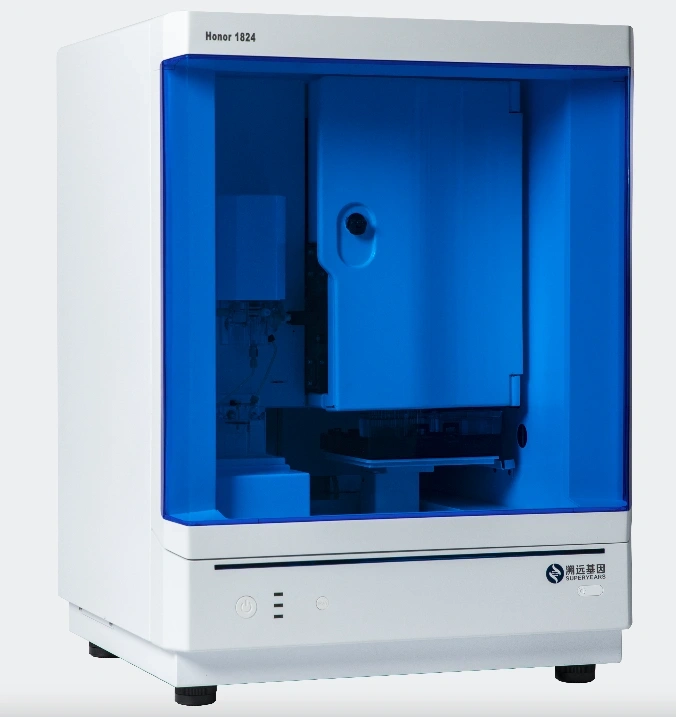The Feature of Medical diagnosis Clinical Analytical Instruments equipment
August 11, 2023

The features of medical diagnosis clinical analytical instruments equipment vary depending on the specific instrument and its intended use. However, some common features found in these instruments include:
1. Accuracy and Precision: Clinical analytical instruments are designed to provide accurate and precise measurements by minimizing errors and variations in the analysis process. They employ advanced measurement techniques and calibration procedures to ensure reliable results.
2. Speed and Throughput: Many clinical analytical instruments are designed to process a large number of samples quickly, allowing for efficient and timely diagnosis. They are equipped with automation features to handle multiple samples simultaneously and reduce the turnaround time.
3. Versatility: These instruments are often versatile, capable of performing multiple types of analyses. For example, some chemistry analyzers can measure a wide range of analytes, while molecular diagnostic instruments can detect various genetic mutations or infectious agents.
4. Sensitivity: Clinical analytical instruments need to be sensitive enough to detect even low levels of analytes or biomarkers. They utilize sensitive detection methods, such as fluorescence, chemiluminescence, or mass spectrometry, to achieve high sensitivity levels.
5. User-friendly Interface: To provide ease of use, these instruments often feature intuitive and user-friendly interfaces. They may have touchscreens, graphical displays, or software interfaces that allow operators to easily control and monitor the instrument's performance.
6. Connectivity and Data Management: Modern clinical analytical instruments often have connectivity features that allow integration with laboratory information systems (LIS) or electronic medical record (EMR) systems. This enables efficient data transfer, storage, and management, facilitating seamless integration into the healthcare workflow.
7. Quality Control and Troubleshooting: Clinical analytical instruments incorporate quality control features to ensure accurate and reliable results. They may have built-in quality control materials and monitoring systems to verify instrument performance. Additionally, troubleshooting tools, diagnostics, and error detection mechanisms are often included to identify and resolve any issues that may arise.
8. Maintenance and Serviceability: These instruments may offer features that simplify maintenance and servicing, such as self-calibration mechanisms, easy access to serviceable parts, and proactive error monitoring systems. This helps minimize downtime and ensures continuous instrument performance.
It's important to note that not all features may be present in every instrument, and the specific features may vary depending on the instrument type, brand, and model.






